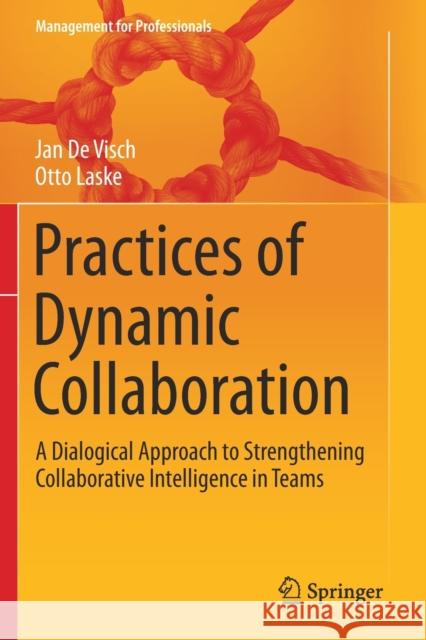Practices of Dynamic Collaboration: A Dialogical Approach to Strengthening Collaborative Intelligence in Teams » książka
topmenu
Practices of Dynamic Collaboration: A Dialogical Approach to Strengthening Collaborative Intelligence in Teams
ISBN-13: 9783030425517 / Angielski / Miękka / 2021 / 221 str.
Practices of Dynamic Collaboration: A Dialogical Approach to Strengthening Collaborative Intelligence in Teams
ISBN-13: 9783030425517 / Angielski / Miękka / 2021 / 221 str.
cena 201,24
(netto: 191,66 VAT: 5%)
Najniższa cena z 30 dni: 192,74
(netto: 191,66 VAT: 5%)
Najniższa cena z 30 dni: 192,74
Termin realizacji zamówienia:
ok. 22 dni roboczych.
ok. 22 dni roboczych.
Darmowa dostawa!
Kategorie:
Kategorie BISAC:
Wydawca:
Springer
Seria wydawnicza:
Język:
Angielski
ISBN-13:
9783030425517
Rok wydania:
2021
Wydanie:
2020
Numer serii:
000424298
Ilość stron:
221
Waga:
0.35 kg
Wymiary:
23.39 x 15.6 x 1.32
Oprawa:
Miękka
Wolumenów:
01
Dodatkowe informacje:
Wydanie ilustrowane











